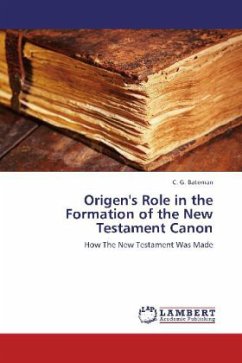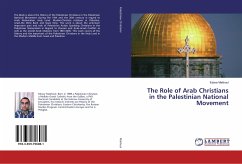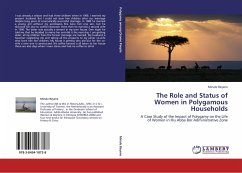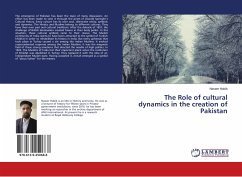Have you ever wondered why certain letters, gospels, and epistles were included in the New Testament and not others? This is the book for you. This book examines the influence of the Church father Origen, ca. 185-254, on the formation and development of the New Testament canon. Origen wrote about and understood the writings of both the Old and New Testaments as sharing a genuine unity, encouraging this idea by being the first person on record to use the term New Testament to refer to a number of Christian writings which complimented what was then known to some as the Old Testament, better known generally as the Jewish Scriptures. Origen also recognized that both collections were divinely inspired, and inspired by one and the same God. Yet it is also true that when Origen referred to the Jewish Scriptures in his writings, he typically prefixed the word Scriptures with the words sacred, holy, or divine, whereas he refers to the Gospels and Apostolic letters as merely Scripture. This and many other interesting facts are revealed and explained to you in this book.
Bitte wählen Sie Ihr Anliegen aus.
Rechnungen
Retourenschein anfordern
Bestellstatus
Storno








